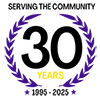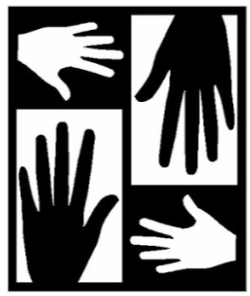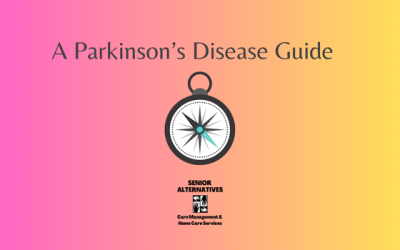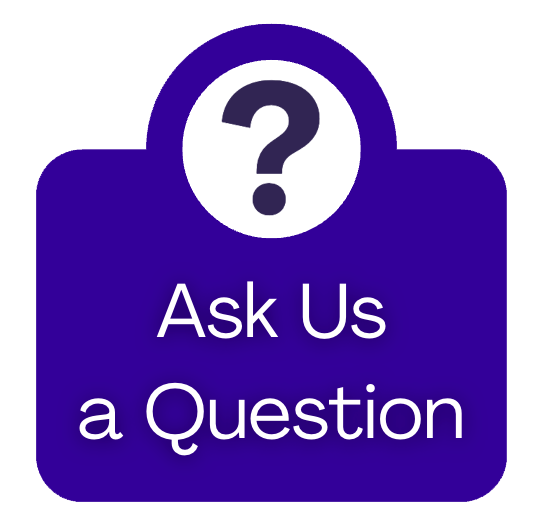October 22, 2015
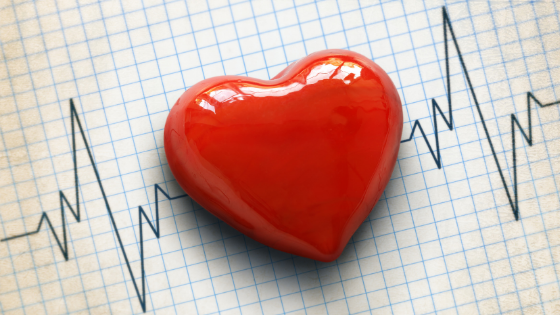
Strokes are the fourth cause of a death in America, and a leading cause of adult disability. A stroke occurs when a blood clot blocks an artery or a blood vessel breaks, disrupting blood flow to an area of the brain. Stokes can vary greatly in severity depending on the area of the brain affected.
Symptoms of a Stroke:
- Sudden numbness, weakness, loss of movement ability in your face, arms, or legs. These symptoms will usually happen on only one side of your body.
- Vision changes and sudden trouble speaking or understanding conversation.
- Problems walking, keeping balance, and depth perception.
- A sudden, severe headache that is more intense and different from other headaches.
Although the above symptoms are the most common signs of a stroke, it has been reported that some women report slightly different symptoms. These include:
- Sudden shortness of breath.
- Sudden face and limb pain and discomfort.
- General weakness.
- Nausea.
Act F.A.S.T
Every minute counts for stroke patients. There is a common acronym in the stroke community to help assess a possible stroke victim:
If you think someone may be having a stroke, act F.A.S.T. and do this simple test:
F – Face: Ask the person to smile. Does one side of the face droop?
A – Arms: Ask the person to raise both arms. Does one arm drift downward?
S – Speech: Ask the person to repeat a simple phrase. Is their speech slurred?
T – Time: If you observe any of these signs, call 9-1-1 immediately.
Senior Alternatives Care Management and Home Care is here to answer your questions about emergency protocols for stroke victims, and how to continue a healthy and full life style after a stroke.
Strokes are the fourth cause of a death in America, and a leading cause of adult disability. A stroke occurs when a blood clot blocks an artery or a blood vessel breaks, disrupting blood flow to an area of the brain.
Related Articles
Why People in Blue Zones Thrive and Live Longer
Blue Zones are regions where people live longer, healthier lives compared to the global average. These areas have been studied extensively to find common denominators and answers about what makes these places unique. One of the key components of these lifestyles is community engagement, or having a strong sense of belonging and support from others. Read on to know more about Blue Zones and how we can duplicate their lifestyle and best practices.
Understanding Parkinson’s Disease
April is Parkinson’s disease awareness month, with that in mind we put together a blog
A guide to effectively enhance, remodel or retrofit homes and environments for older adults.
This week, we created a guide on how to accommodate a home or environment for older adults, especially people with memory loss which can be vital for their comfort and well-being. Whether the memory loss stems from conditions like Alzheimer’s or short-term impairments, retrofitting a home can significantly enhance safety, accessibility, and overall quality of life.
